COLORADO CITIZENS FOR CANINE WELFARE - (3CW)
A citizen's group working to end the puppy mill trade.
When I was given the assignment to interview activists against puppy mills, I didn't know much at all about the issue. I contacted an organization in Arvada, Colorado, called Colorado Citizens For Canine Welfare (they go by 3CW) working to raise awareness about the horrendous conditions dogs are bred into when they come from puppy mills. I posed a list of questions that were answered by three people; Cheryl Saipe, President of the organization; Sharon Howard, VP; and Pat Young, Rally Chair.
QUESTION - When you first heard about puppy mills, what was your first impression and what made you decide to create an organization against puppy mills?
ANSWER
Thunderstruck was putting it mildly! We read about Lily, a mill dog rescue that started our search to learn just what a mill was. We researched undercover mill videos along with mill rescues. After watching the videos, sleep was beyond us for several days. We could not believe how horrid of lives these helpless creatures were forced to live. We could not believe the horrid conditions the parents of the puppies endure at the puppy mills. And all for profit, all for a market that had no idea of the secret industry behind puppies for sale in pet stores, over the Internet, roadside, flea markets and auctions. An unsuspecting public that had no idea of the industry they were supporting and an industry that worked very hard at keeping their secret. It is amazing that in 2014 this cruelty is still going on. We strongly feel there is a need to be part of the solution to End Puppy Mills and get laws passed to help the animals. Colorado Citizens for Canine Welfare started May 2011, but did not become a 501C3 until November 2012. . Several concerned citizens decided it was something very dear to our hearts and was needed. We need to BE the CHANGE and BE THEIR VOICES and END PUPPY MILLS.
QUESTION - When you first heard about puppy mills, what was your first impression and what made you decide to create an organization against puppy mills?
ANSWER
Thunderstruck was putting it mildly! We read about Lily, a mill dog rescue that started our search to learn just what a mill was. We researched undercover mill videos along with mill rescues. After watching the videos, sleep was beyond us for several days. We could not believe how horrid of lives these helpless creatures were forced to live. We could not believe the horrid conditions the parents of the puppies endure at the puppy mills. And all for profit, all for a market that had no idea of the secret industry behind puppies for sale in pet stores, over the Internet, roadside, flea markets and auctions. An unsuspecting public that had no idea of the industry they were supporting and an industry that worked very hard at keeping their secret. It is amazing that in 2014 this cruelty is still going on. We strongly feel there is a need to be part of the solution to End Puppy Mills and get laws passed to help the animals. Colorado Citizens for Canine Welfare started May 2011, but did not become a 501C3 until November 2012. . Several concerned citizens decided it was something very dear to our hearts and was needed. We need to BE the CHANGE and BE THEIR VOICES and END PUPPY MILLS.
QUESTION - What are some things you would advise the public to do to take a stand against puppy mills?
ANSWER ( In 3 parts )
The parent dogs at the puppy mills live their entire lives in a cage, no TLC, no grass upon their paws, no rubs behind their ears, no compassion at all. They are their just for profit and greed for the puppy millers. To take a stand against mills is actually a three pronged approach and we work on all three fronts. Keeping the money out of pet store owners, brokers and millers pockets has an impact on the mill business.
FIRST
Since this business is market driven, never, never buy from a pet store, over the Internet, newspapers or auctions. 99% of puppies in pet stores come from USDA licensed facilities-mills.
SECOND
Adopt first and foremost. This saves two lives-the one adopted and the one space has been created for from that adoption Go to shelters and rescues. Many shelters are kill shelters and many dogs lose their lives simply because there isn't enough space to keep them very long.
20-25% of dogs in shelters are purebreds. There are hundreds of dogs in breed specific rescues There are mill dog rescues that do an amazing job of saving mill dogs from a mill dog auctions or from being killed.
THIRD
The third thing the public can do is to take a stand. Call legislators or city council members, county commissioners or government organizations and state their opposition to how breeding dogs are treated. Start petitions when something happens and share the story. Talk to friends and family about this cruel business. Educating one can lead to a hundred in a short time. The movement will grow and legislators will have to pay attention. Changing laws and making mills and other breeders accountable for the cruelty perpetrated for profit is, ultimately, the only way to stop this.
FINAL NOTE
The last avenue to help stop mills would be a reputable breeder. Research the breeder before one buys! Never buy from a breeder that wants to meet you somewhere other than their home, doesn't want you to see the housing or how the dogs and puppies are socialized. Never buy from a breeder that doesn't have a contract that wants to know more about you than expected.
ANSWER ( In 3 parts )
The parent dogs at the puppy mills live their entire lives in a cage, no TLC, no grass upon their paws, no rubs behind their ears, no compassion at all. They are their just for profit and greed for the puppy millers. To take a stand against mills is actually a three pronged approach and we work on all three fronts. Keeping the money out of pet store owners, brokers and millers pockets has an impact on the mill business.
FIRST
Since this business is market driven, never, never buy from a pet store, over the Internet, newspapers or auctions. 99% of puppies in pet stores come from USDA licensed facilities-mills.
SECOND
Adopt first and foremost. This saves two lives-the one adopted and the one space has been created for from that adoption Go to shelters and rescues. Many shelters are kill shelters and many dogs lose their lives simply because there isn't enough space to keep them very long.
20-25% of dogs in shelters are purebreds. There are hundreds of dogs in breed specific rescues There are mill dog rescues that do an amazing job of saving mill dogs from a mill dog auctions or from being killed.
THIRD
The third thing the public can do is to take a stand. Call legislators or city council members, county commissioners or government organizations and state their opposition to how breeding dogs are treated. Start petitions when something happens and share the story. Talk to friends and family about this cruel business. Educating one can lead to a hundred in a short time. The movement will grow and legislators will have to pay attention. Changing laws and making mills and other breeders accountable for the cruelty perpetrated for profit is, ultimately, the only way to stop this.
FINAL NOTE
The last avenue to help stop mills would be a reputable breeder. Research the breeder before one buys! Never buy from a breeder that wants to meet you somewhere other than their home, doesn't want you to see the housing or how the dogs and puppies are socialized. Never buy from a breeder that doesn't have a contract that wants to know more about you than expected.
QUESTION - What are some of the things that puppy mills are doing wrong that
directly harm the dogs?
ANSWER
Puppy mills are in business for profit. Like big corporations, the bottom line is all that really matters. Therefore, these factory farms for puppies keep breeding dogs repeatedly in wire bottom cages 24/7/365, breeding every cycle, producing puppies until they no longer throw litters big enough to make their cost worth while. The dogs in puppy mills get minimal substandard care which is regulated by USDA.(shelter, water, food). Because of this the dogs are exposed to numerous health and behavioral conditions which are then passed on to their litters. They receive rare to no vet care and therefore live with rotting jaws, disease, blindness, deafness, genetically compromised, injuries, matted with their own feces (or feces from the cages above), urine burns, foot damage from the wire and a multitude of other conditions that anyone would find disgusting and unbelievable. (as one breeder said i an undercover video-"she is my favorite little girl-she doesn't need to walk to breed." Or an auctioneer saying: "This one's blind but she doesn't need to see to breed!" Nutritional food is rare, after all, the dogs are not kept very long and it's easy to replace them. Usually a breeding dog lasts 4-5 years before their bodies are worn out. They are replaced by one of their own puppies.
They never feel grass under their feet, a kind human touch, being held, or knowing what is feels like to smell or run. Their puppies are taken too early and placed in with other puppies, sick or healthy, in cages for transport to pet stores-by semi or van. The very creatures man has genetically overhauled to be companions, to work, to care for humans, to be our best friends, are bred and discarded like trash.
There are many sites to research for undercover investigations and, of course, the USDA Animal Welfare Act rules as well as files and start to read the attached USDA Inspector General's May 2010 report on the very mills that are licensed by the USDA. Attached.
QUESTION - Where are the most common puppy mill locations?
ANSWER
Per HSUS, there are approximately 10,000 puppy mills in the United States. Puppy mills are most prevalent in the Midwest back to the Eastern states. However, the western states are working to catch up. Colorado has 157 licensed commercial breeding facilities. The largest one we know of has 300 breeding dogs with several of the large scale facilities having up to 200. Colorado has no limit on the number of breeding dogs one can have as long one has a license. They may breed and transfer as many puppies as they want. A pet store representative on the PACFA advisory committee stated he only sold 1,200 puppies last year and states he ships puppies in from out of state because he can't supply the demand. Hundreds of thousands of puppies are produced yearly that "just want to have one litter", increasing overproduction and resulting in 3-4 million dog deaths yearly. Colorado killed about 7,000 dogs, alone, in 2013. Those are records from licensed shelters.
Colorado has the Pet Animal Care and Facilities Act. PACFA (Pet Animal Care Facilities Act) is a Colorado organization within the Colorado Dept of Agriculture that regulates commercial breeding facilities, aka, puppy mills. The laws are weak but are better than most states. There are 5 inspectors and over 2000 pet animal care facilities to inspect each year. Pacfa also regulates Pet Stores, Groomers, Doggie Day Cares and other pet animal care facilities. The USDA also regulates commercial breeding facilities. The laws and enforcement are more lax than PACFA. The inspection reports from PACFA and USDA are public record and anyone can access the information and get a glimpse of what the conditions are like in a puppy mill. Otherwise mill owners do not routinely allow people on to their property to see the deplorable conditions. The USDA recently had a rule change that closes the loop hole that allowed dogs and puppies to be sold on the internet without regulation. Now, anyone breeding 5 or more females needs a USDA license. The law is good, enforcing it is difficult.
PACFA is better than the USDA but still it is business oriented so, as of now, cannot live up to it's missions statement. It works to bring breeders into compliance at the expense of the dogs welfare. Please don't think any registry organization like AKC means anything because it doesn't. Mills have AKC papers in stacks waiting to be filled out. At one time, the AKC signed a contract with a chain pet store allowing the puppies to become registered AKC puppies before they left the store. Reason being, it put money into their pockets. Eventually the contract was rescinded but they totally support mills and the money they bring into the organization.
QUESTION - Are there any ways to restrict puppy mills with policies or laws?
ANSWER
Ideally, having laws that put animal welfare before business. Laws that require vet care and common care that includes living outside a cage or box or not breeding every cycle. Laws that set a standard of care like the U.K. has as it's Dog Care Code. Laws that don't allow secrecy and selling to an uninformed public. Laws that are uniform and punished when transgressed. The most important thing is to have enforcement of those laws. Right now, animal welfare laws are not only minimal but not enforced consistently. We have found it takes a huge social media outreach to get any help for an animal because laws are minimal. Teaching kids compassion and understanding that an animal is not a thing. That it fears and hurts and has as much right to live well as we do.
QUESTION - Compared to other issues that animals are facing, how would you
rank puppy mills among other issues?
ANSWER
We rank puppy mills very high in the realm of animal cruelty-right along with factory farming of any animal. Because that is what it is. Factory farming of animals for consumption or wearing or, in this case, for a pet, is inhumane and cruel. Factory farms hide what goes on behind closed doors under the disguise of great marketing and many states are passing Ag Gag laws to keep undercover investigations from happening. All life deserves respect.
QUESTION - What is your organization doing to fight against puppy mills?
ANSWER
Colorado Citizens for Canine Welfare supported legislation on the Greyhound racing bill, the PACFA bill, Humane Lobby Day, supporting solid flooring for mill dogs, speak at meeting at the capitol, meetings at PACFA. we protest, ask people to call or email policy makers. We obtain petition signatures, we present at schools, at churches, at events and we research breeders in Colorado and through the USDA. We did the bus tail campaign and we have a website and a
very active FB page. Colorado Citizens for Canine Welfare (www.caninewelfare.org) rallies every weekend at a puppy mill pet store to educate the public, we are at events throughout the year to talk to the public and make them aware of humane options to get their next puppy. 3CW's mission is to END PUPPY MILLS by educating the public and policymakers about mills and their connection to pet store, Internet and other sales venues. 3CW advocates for animal welfare issues, encourages pet adoptions and supports ethical breeding practices.
Currently 3CW Rally Volunteers are peacefully rallying at Puppies N Stuff in Northglenn. We have been there for 2 years to educate the public about puppy mill pet stores and give out informational packets. Before starting the rallies we researched this store with PACFA and found it to have numerous complaints and violations. Several volunteers bought puppies from this store that ended up with costly veterinarian bills or lost a puppy to parvo or another illness. We have very dedicated volunteers that pledge to continue the rallies until this puppy mill store switches to a humane style of holding adoptions similar to Petco and Petsmart.
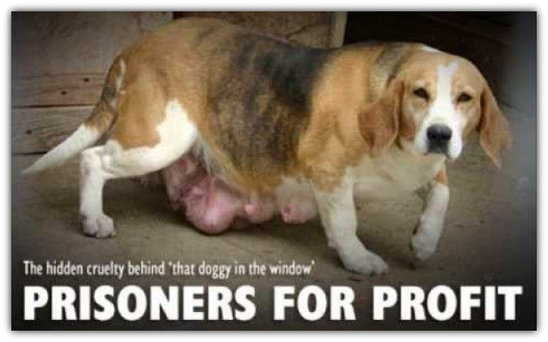
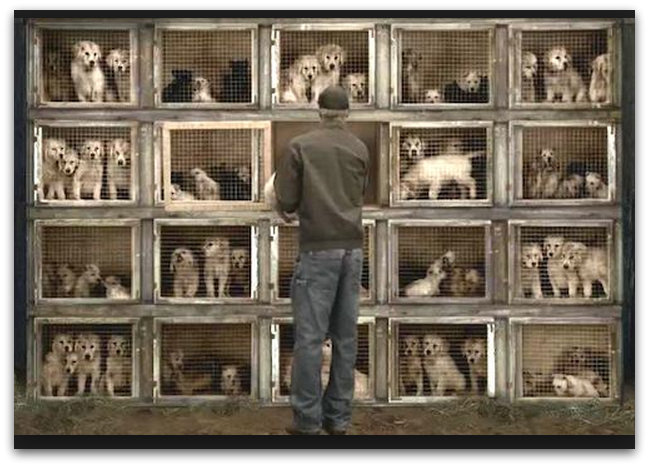
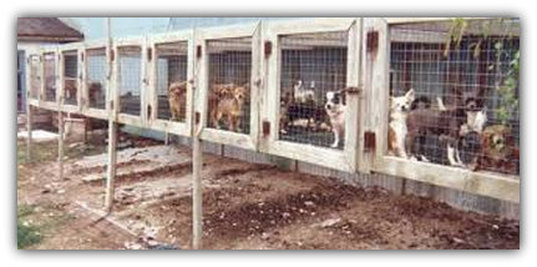
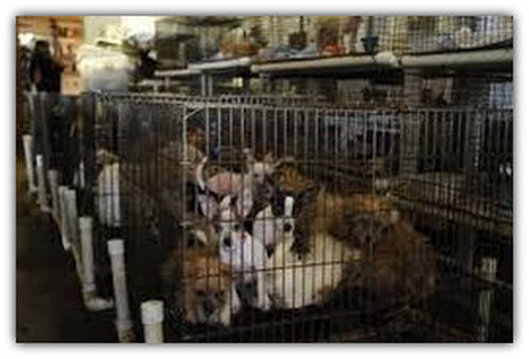
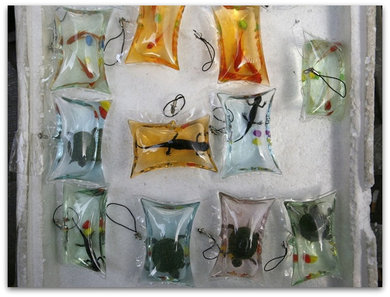
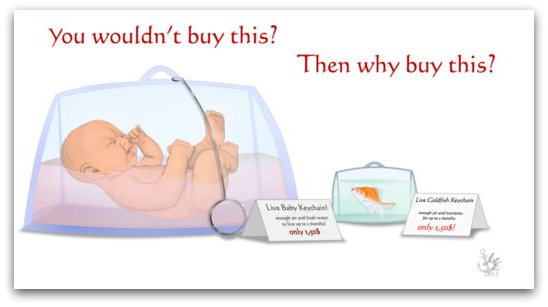
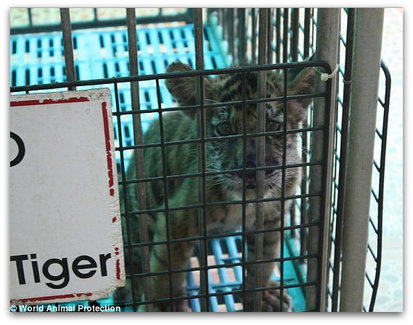

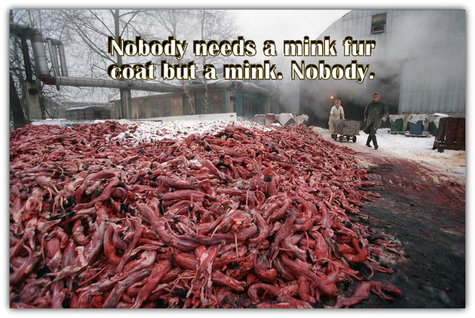
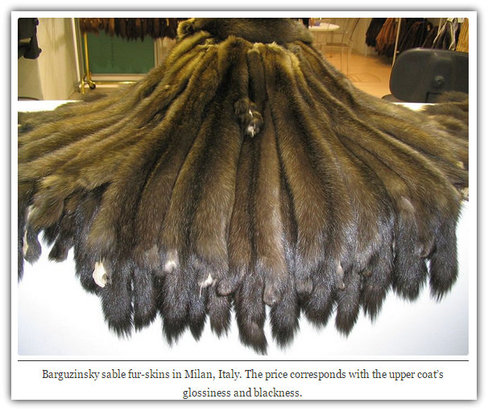
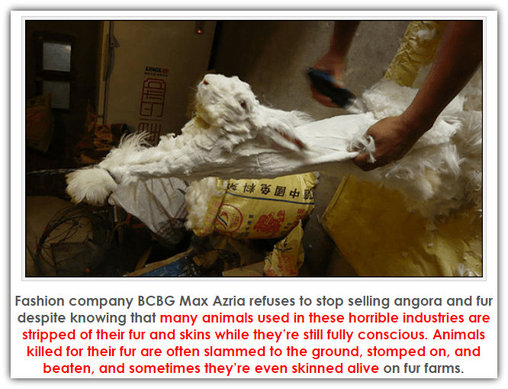
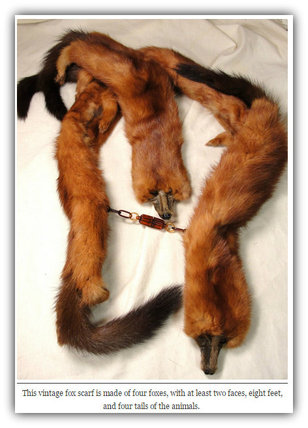
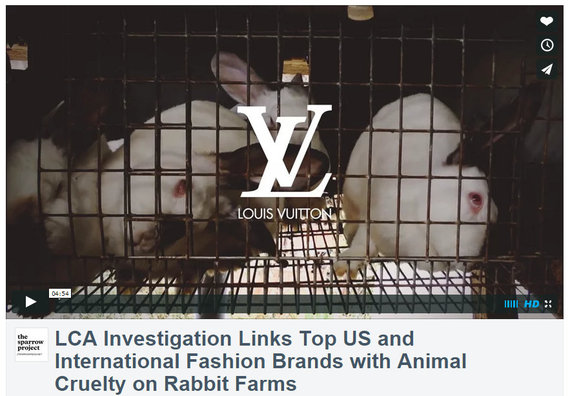
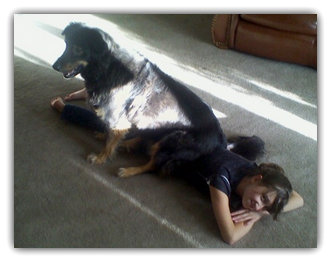

 RSS Feed
RSS Feed
